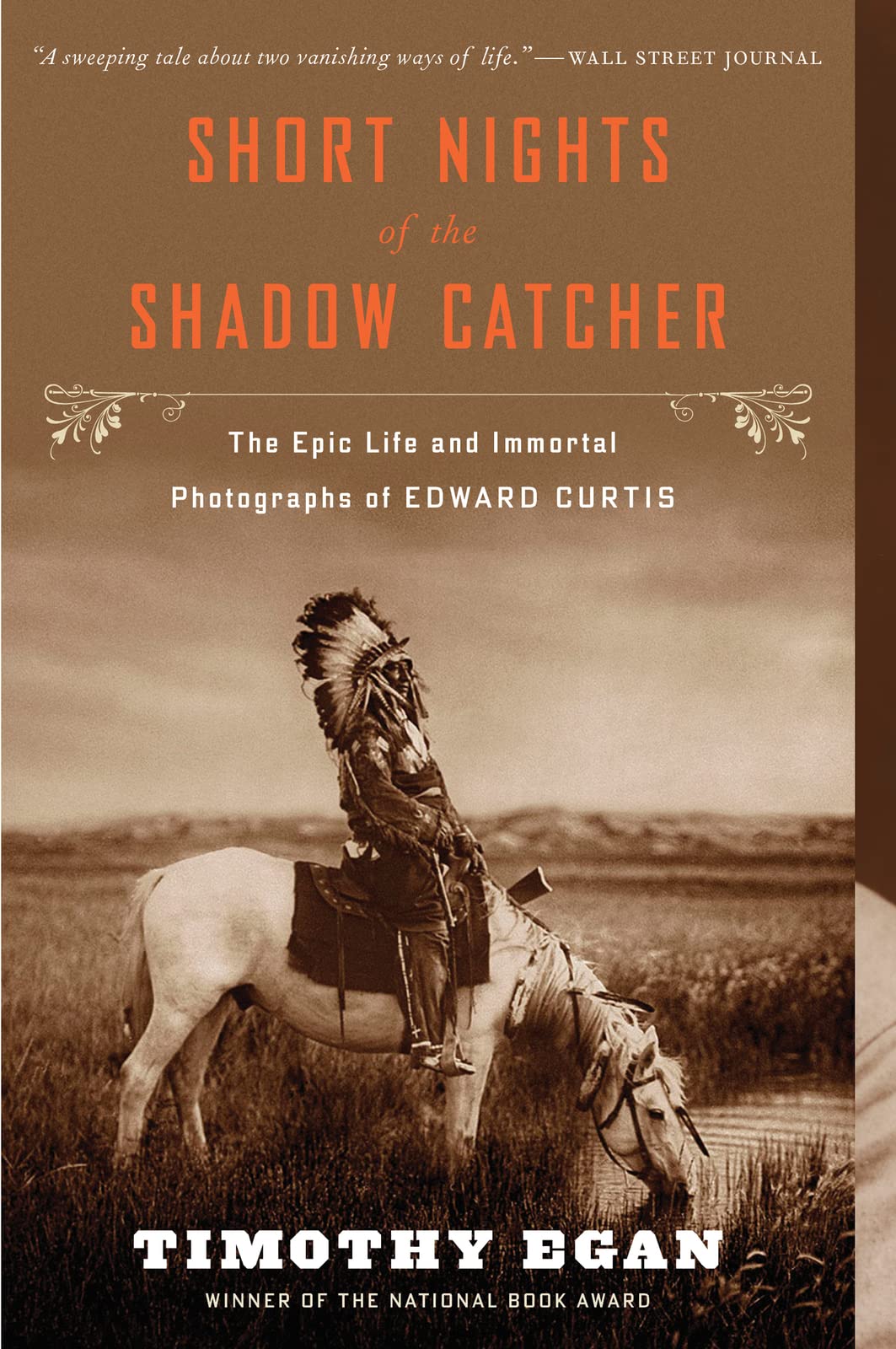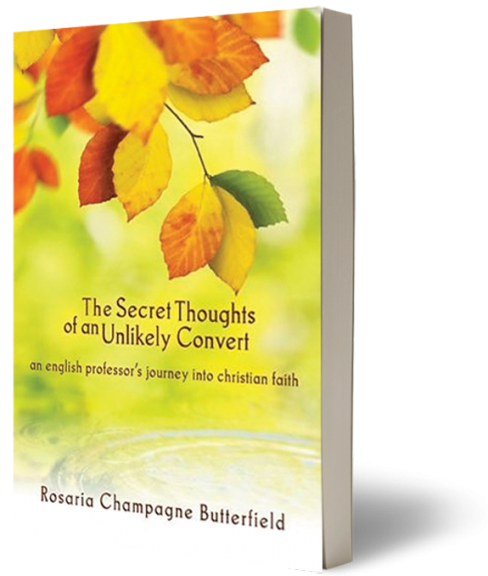I read both books, but maybe I should have stopped after finishing his first. That’s the tricky thing, isn’t it? The first was so good, so how could I know the second wouldn’t be? What’s my problem with Krueger’s second offering anyway?
Both books are very similar. They are fiction written as memoirs embedded in actual history and geography. The first book is a murder/mystery, and the second is an escape/fugitive story. Both are told from a young teen boy’s perspective. The first takes place in 1961, and the second in 1932. They are meticulously researched, both stories have stunning twists and turns, and both seek to understand God amid tragedy.
In a word, believability is the difference. Whereas the first story takes you right to the thrilling edge of believability but not over, the second rockets the reader past this line and never looks back. Krueger himself realizes he has crossed the line in his second book, so he attempts to justify himself:
As an old man recounting the events of the four vagabonds 80 years prior in the summer of 1932, the wrinkled old hero of this fantastic story confesses.
“In every good tale, there is a seed of truth, and from that seed, a story grows. Some of what I’ve told you is true, and some, well, let’s just call it the bloom on the rose bush.”
Even with this admission, I still have difficulty stomaching the far-fetched ness of his second book, so Krueger appeals to me one last time with some advice.
“Open [yourselves] to every beautiful possibility, for there is nothing our hearts can imagine that is not so.”
How do you argue with that? It’s so poetic and profound sounding; it must be true! But is it? I’m not buying it. What is true is that if you write historical fiction, it has to come off as believable. He does this masterfully in book one but stumbles in book two.
Finally, who decided on the titles? Ordinary Grace and This Tender Land? One sounds like a Christian spiritual growth book, and the other a Geographical journal. We are talking about a murder mystery and an escaped fugitive story.
Brushing aside these criticisms for a moment, I would say if you want to read some good stories set in historical time and built with actual geography, mostly of Minnesota, then you will enjoy these books, and now that you know one of them pushes the envelope of believability you won’t be as bugged by it.





